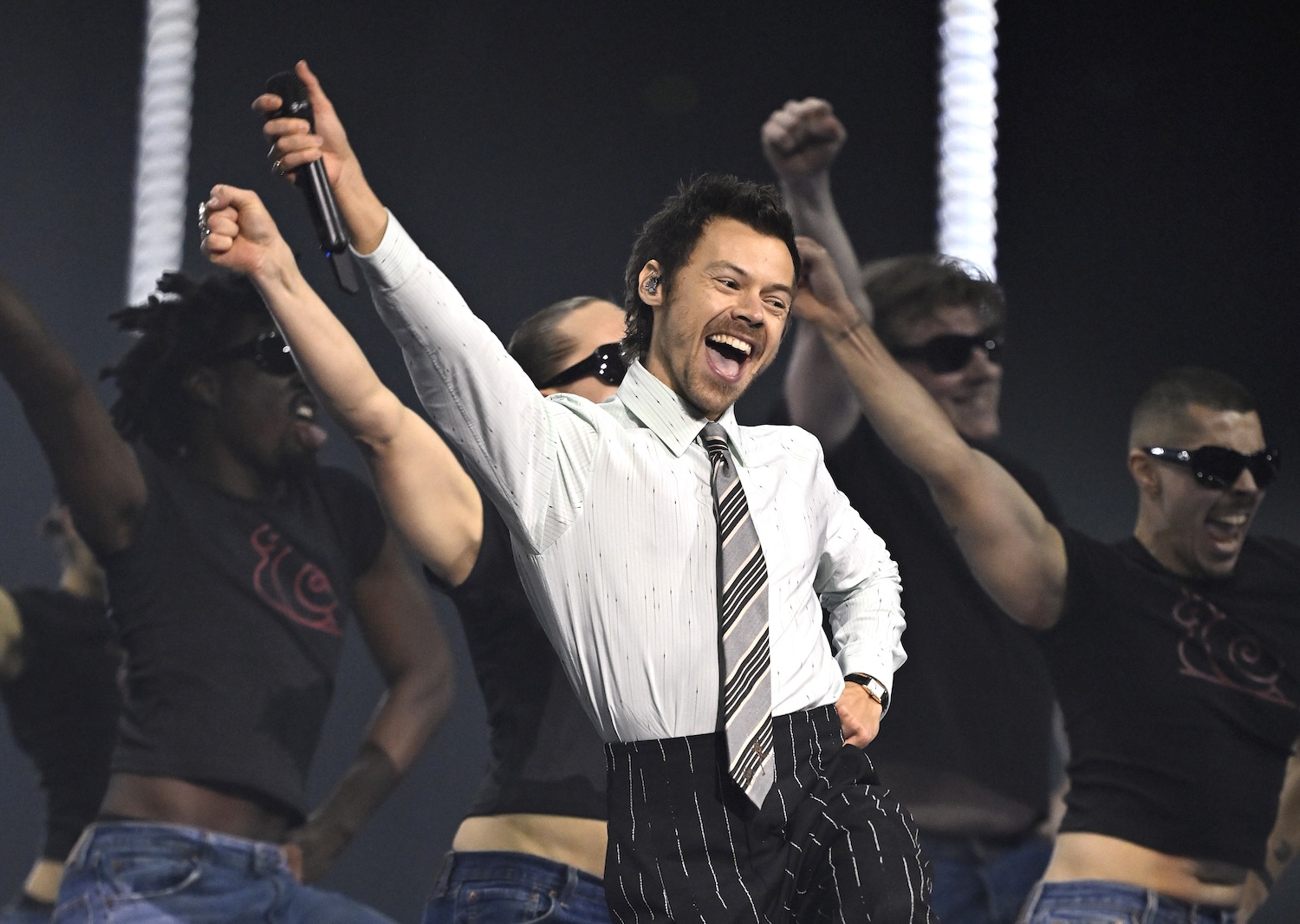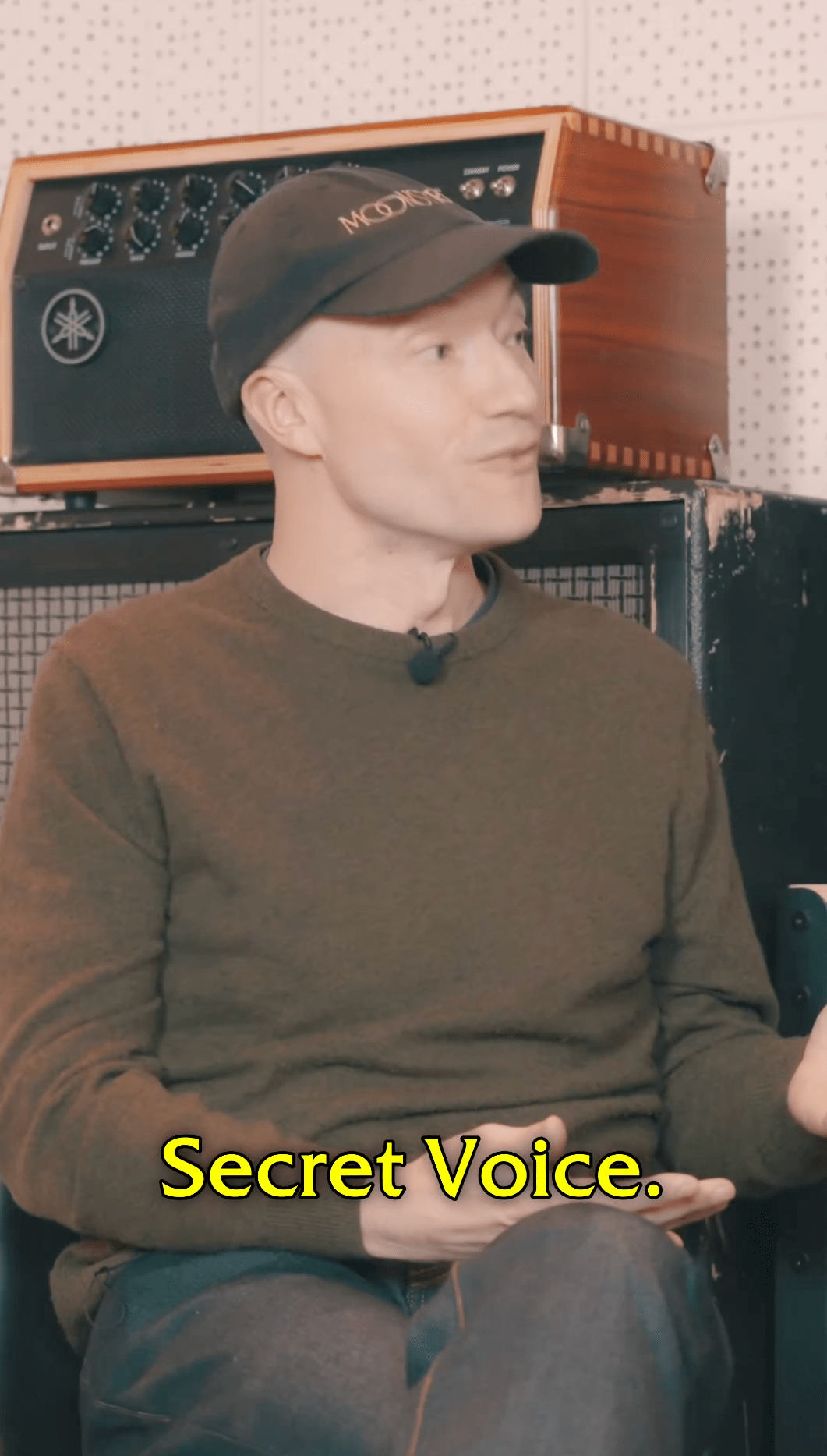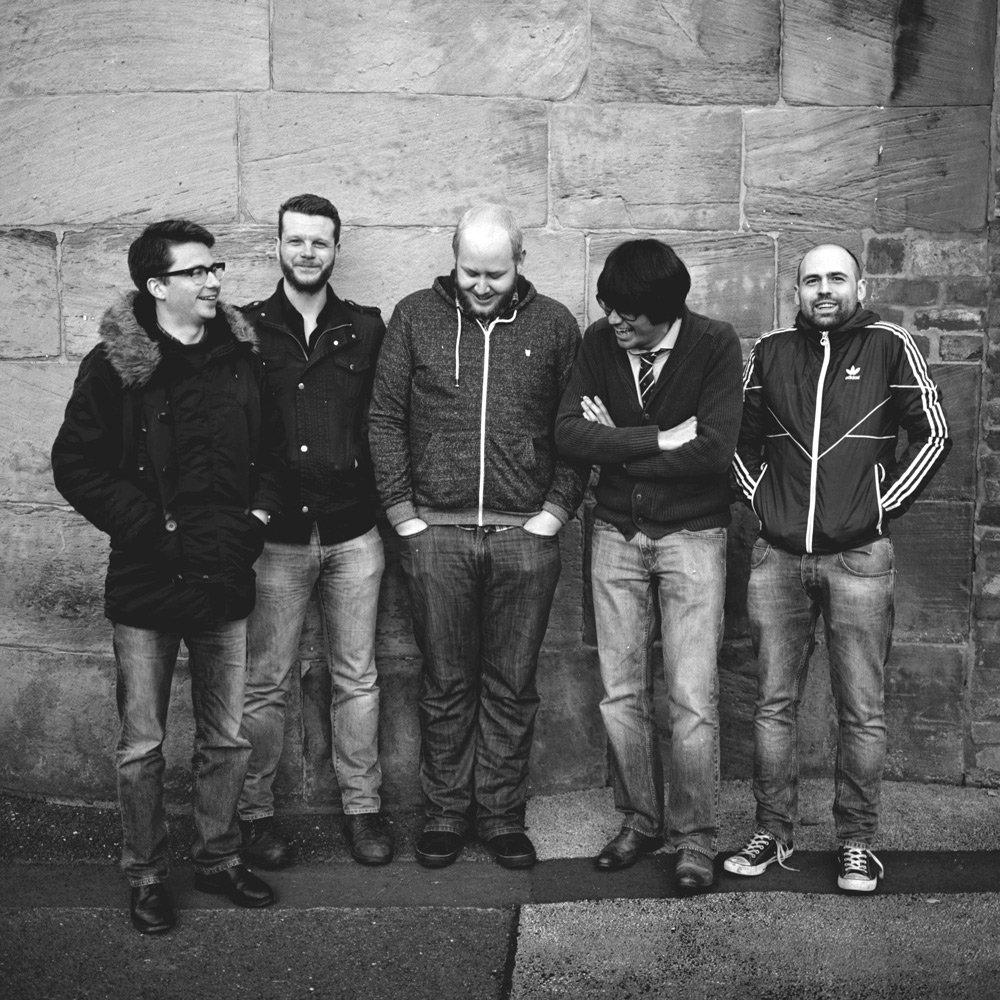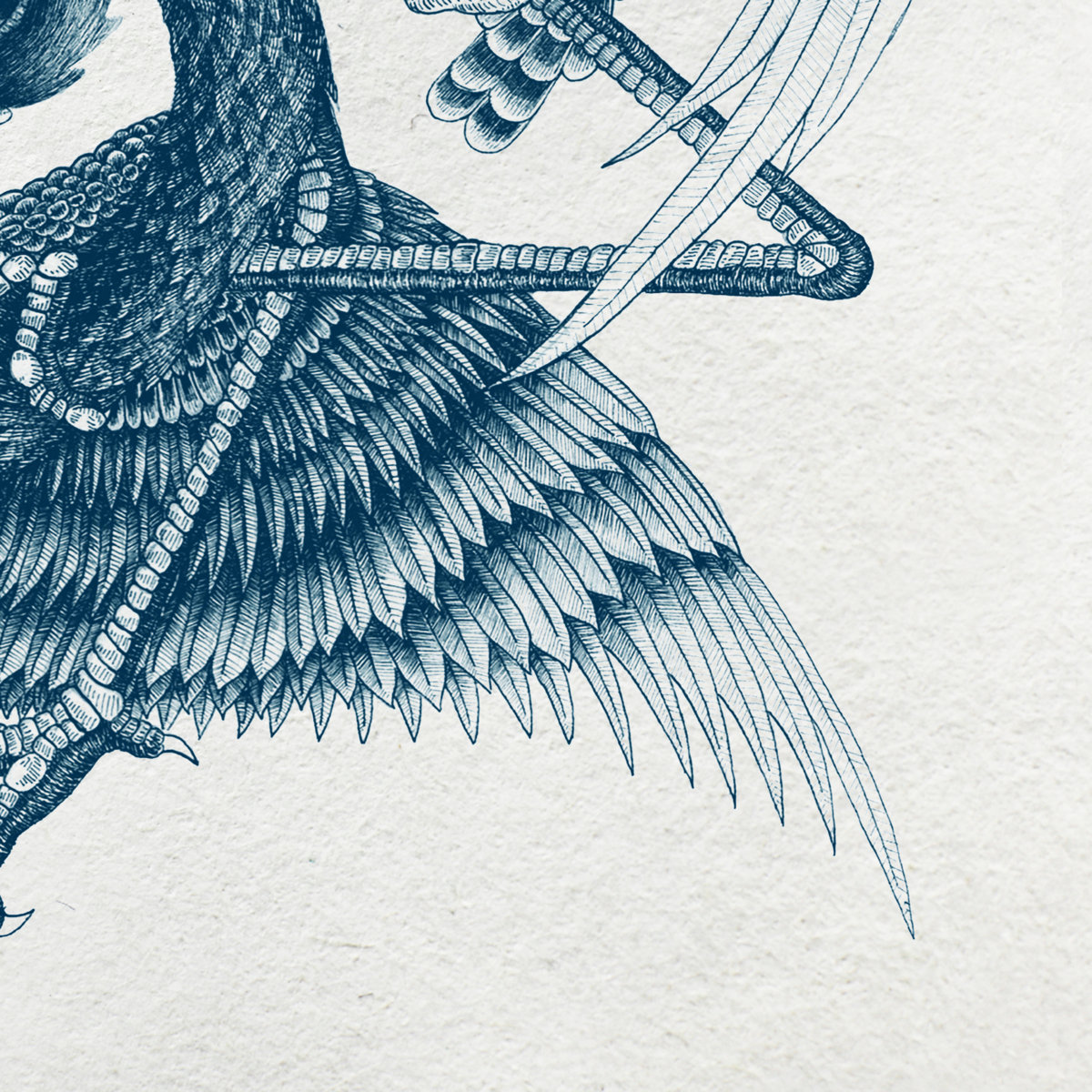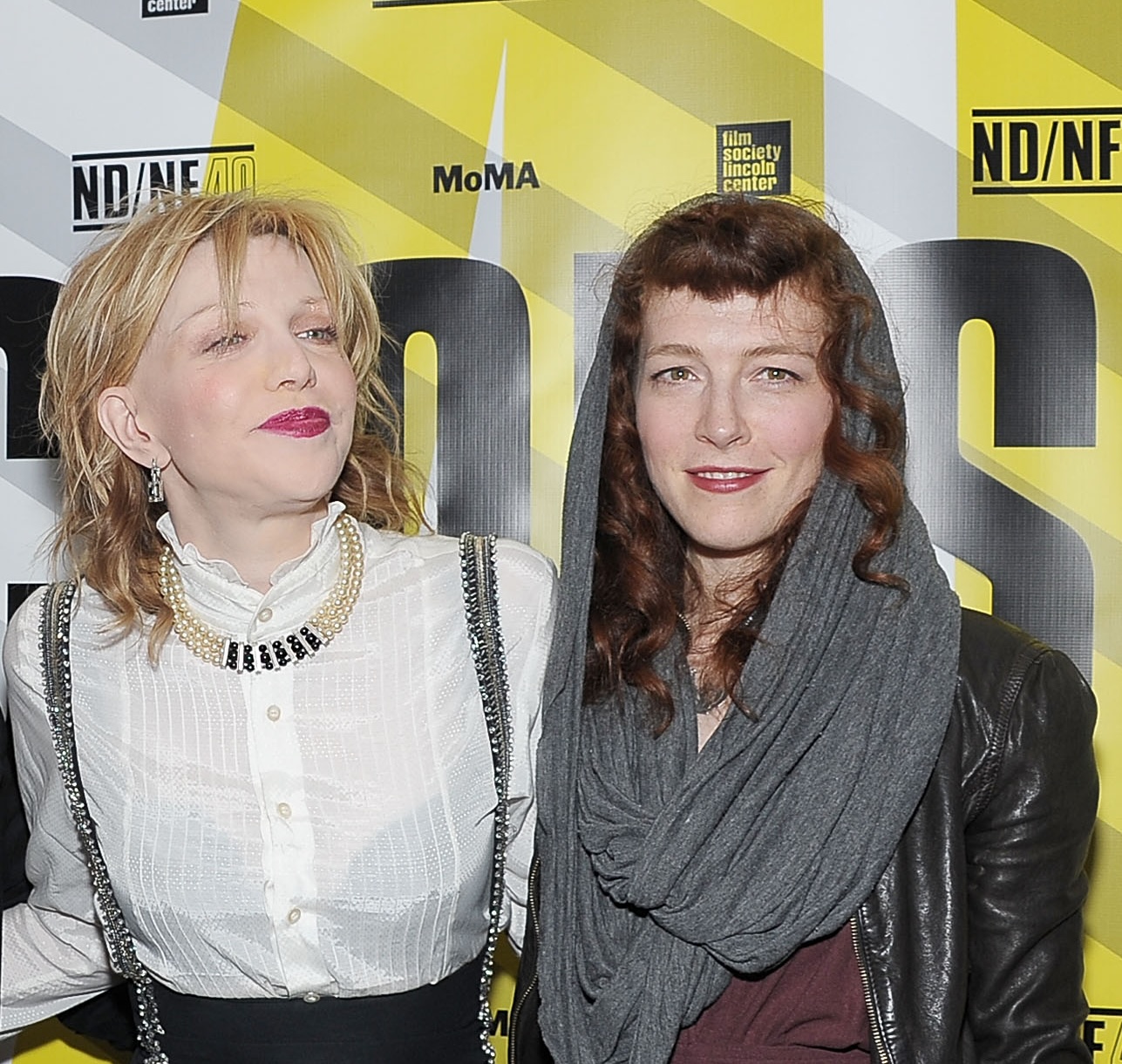This spring, Pete Townshend and the Who embarked on an extensive 50th anniversary tour, which has been billed as their last major outing. Townshend will turn 70 on 5/19, and one can assume that playing a show every other night gets old after awhile. In a remarkably candid interview with Rolling Stone, Townshend speculates about whether or not this actually would be the last big tour:
I don't want to badmouth [the tour's promoters] AEG, because they gave us a load of money and they obviously want the tickets to sell... But we've been in this place before. We must've done three fucking last farewell tours in our career. I don't know what's going to happen next.
Townshend later mentions that he doesn't love performing anymore:
You say that you enjoy the tour routine and being with old friends more than you enjoy playing onstage. Is that really true?
I always feel very sad when I say this because I think I'm unusual in this respect. People don't really believe me. But I don't enjoy performing. I don't feel uplifted on the stage. I rarely have moments these days onstage when I go into what jazz musicians call "the zone." I rarely lose myself on the stage. But I kind of grew up backstage with my dad's band, and so that's always felt familiar. Most of all, it's felt safe to me.
He goes on to criticize Spotify:
I'm a user of Spotify, so I feel like a complete hypocrite when I say: I think the guy that runs it is probably a fucking crook. Take me to court. I was reading about some artist who had something like 450,000 plays, and he got a check for [almost nothing]. It doesn't make any sense. I read a thing today that it cost the average band $10,000 to go and play their first gig at SXSW. Jesus fucking Christ. You know, we used to get paid to do this kind of thing.
The Who's guitarist later talks about Bob Dylan's contemporary output, subtly criticizes Bruce Springsteen, and briefly touches on a conversation he had with Robert Plant earlier this year:
How often do you work on new songs these days?
Every day. I just don't do what Dylan does. I don't drag myself around the world, and I don't put out an album every six weeks [laughs]. But I've got loads of songs. I'm working on a big project at the moment, which might be half rock opera, half art installation. I don't know where it's going to go. I'm going to start with a book. I don't want to talk too much about that now.I'm also working on old songs, going right from the beginning. I missed a few songs at the very beginning — gave tapes to producers to listen to and never got them back. But from "My Generation" onwards, I've got tapes of every single song I ever wrote, and the supporting paperwork. Sometimes they're silly little scraps and sometimes quite more. It's interesting to go back. But I'm always working on new stuff as well, so I don't have that feeling that I'm always luxuriating in the past.
On Bruce Springsteen:
Are you a fan of Bruce Springsteen? Do you ever check out his shows?
I did in the early days, but not anymore. It's a bit of blood and glory for me now.In what sense?
Exactly the sense that sentence implies.
On Led Zeppelin:
I spoke with Robert Plant last year. He basically suggested that Led Zeppelin was something he did when he was younger and he has no desire to go back there. Can you understand that sort of attitude?
I completely understand that, of course I do, but I don't want to say what leaps into my mind. Robert could probably do everything that he wants to do. He could do the occasional Led Zeppelin comeback and make a lot of people very happy. There's a kind of churlishness to that [opinion]. But he's his own man, and he has to make his own decisions.The person that I've thought a lot about since John Bonham's death is John Paul Jones. He's a beautiful looking man and a beautiful musician. He's a fantastic experimenter in modern electronic music and other things, and he's sort of been sitting there. It would be interesting to see what he could bring to a new Led Zeppelin project. I think he was much more in the front line of Led Zeppelin music on keyboard work because nobody else in the band played it. It was a prog rock era in respect to him.
Read the illuminating article in its entirety over at Rolling Stone.

